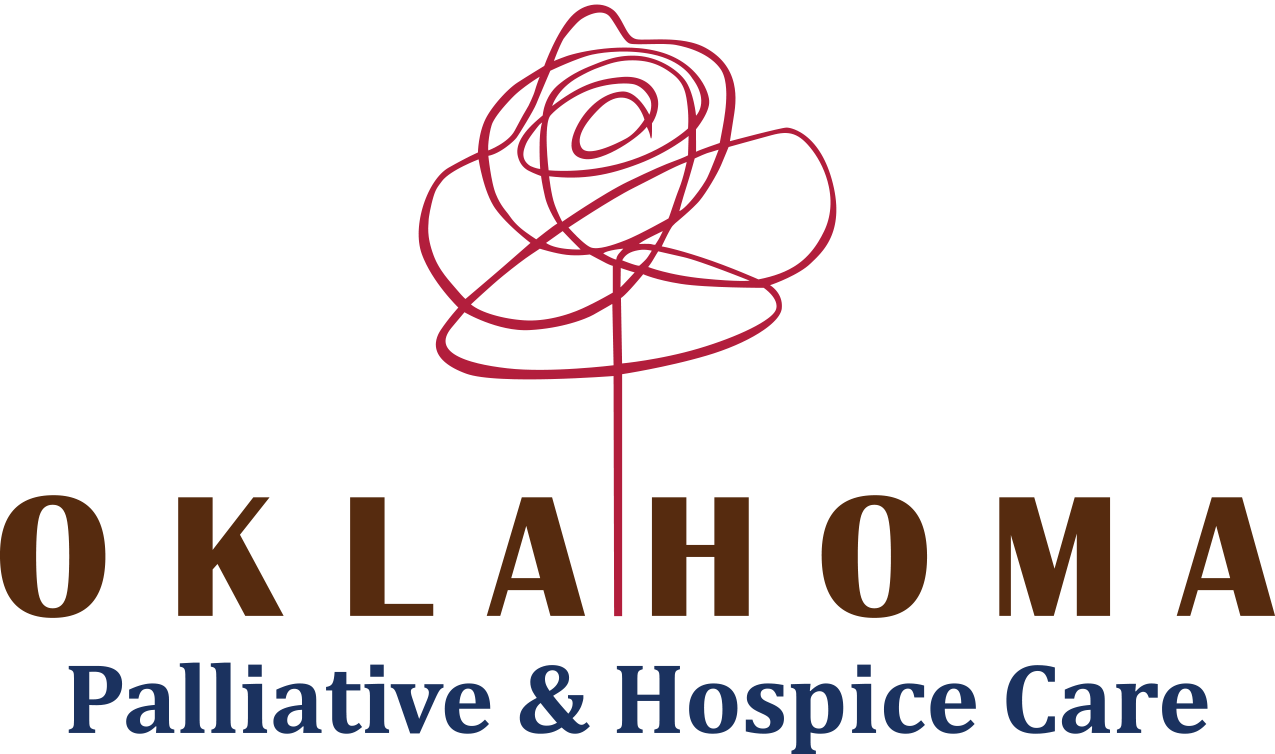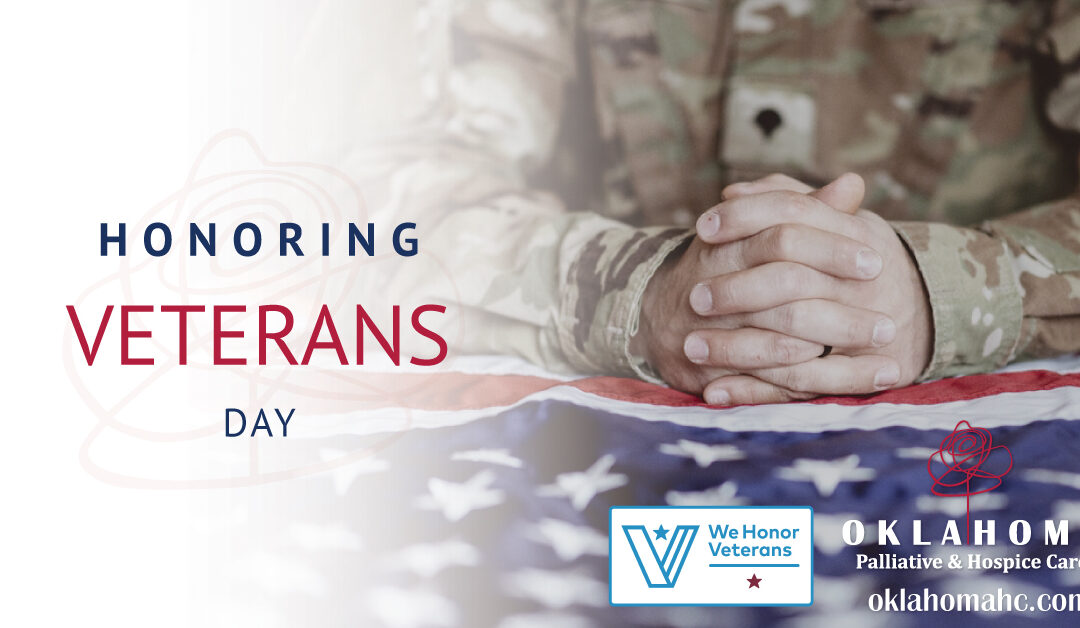We wanted to take some time this Veterans Day to commemorate all of the veterans who have served our country. Each year, on November 11th, we gather to pay respect to those who have served for our nation’s freedom. While we celebrate the admirable service of these military members, we also recognize that serving in the military can take a substantial toll on a person’s individual mental, physical, and emotional health.
History of Veterans Day
Veterans Day began as a holiday known as Armistice Day, recognized on November 11th as it is the anniversary of the signing of the Armistice that ended World War I. In 1954, the holiday was renamed “Veterans Day” to acknowledge and recognize the wonderful service of veterans who have served our country in all wars, not just World War I.
Common Health Conditions that affect Veterans
While veterans, of course, experience standard healthcare concerns as seen in the civilian population, they also are more likely to face different health issues as a result of their service, especially as they age. Sometimes, these conditions are a result of combat or a manifestation of stress on their body. Symptoms range anywhere from mild to life-threatening disabilities. Some specific conditions and injuries seen frequently in veterans include:
- Head or brain injuries, including Traumatic Brain Injury (TBI)
- Sprains and strains
- Limited range of motion in ankles or knees
- Lost limbs
- Gunshot wounds or shrapnel
- Hearing loss from exposure to extreme noises
While these are all physical conditions, it is important to recognize the importance of mental health for service members too. The veterans who have served our country are at higher risk for mental health disorders such as anxiety, suicidal thoughts, post-traumatic stress disorder (PTSD), depression, and abuse of drugs or alcohol.
Hospice for Veterans
Though hospice focuses on maintaining the quality of life and comfort for all patients who are at end-stages of their lives, hospice specific to veterans requires additional care, respect, and often unique medical challenges, especially those veterans dealing with mental illness. Choosing hospice care for a veteran can include medical treatments such as pain management to manage any physical pain, as well as support for emotional and social issues, such as counseling, music or art therapy, and so much more. Hospice care for veterans can help support and honor veterans as they enter the end of their life while also providing emotional support and comfort for their loved ones.
Let us Help
We believe all people, especially honored veterans, deserve high-quality palliative and hospice care at the end of their lives. We serve veterans and their families with special care designed to improve their comfort with dignity and respect. Contact us today to learn more about how our services can help.

